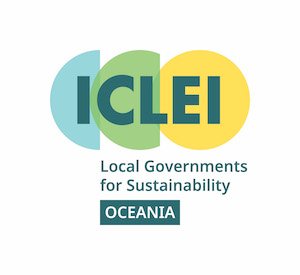Australian councils motion Federal Government to declare national climate emergency
In a new era of climate emergency, councilors, mayors, NGOs and communities are discussing how to accelerate local government’s role on climate, with the local government sector recently passing a motion to declare a national climate emergency.
For the first time Australian councils have collectively motioned for the federal government to declare a national climate emergency. The motion was passed emphatically at the Australian Local Government Association’s (ALGA) National General Assembly in Canberra this month.
This call follows the United Kingdom, Ireland, Canada and France, the first four countries to declare climate emergency, but is it a remote or realistic possibility for the Morrison Coalition Government to follow suit?
The very idea that Australia should declare a national climate emergency breaks the ice on the country’s glacial climate response to meeting Paris Agreement commitments. That local governments are leading this call indicates the sector’s important role in the climate response.
This week the City of Sydney declared climate emergency joining over 600 jurisdictions and governments globally including recent declarations by other Australian and New Zealand councils. In the wake of the IPCC’s dire 12 year warning and the threat to global biodiversity the threads of evidence are beginning to fuse more prominently with public emotion and concern.
But what happens after a climate emergency has been declared? According to Auckland Mayor Phil Goff it is a signal of “the council’s intention to put climate change at the front and centre of… decision making”. However, without a way for communities to keep track of council climate actions, all climate emergency declarations run the risk of being dramatically hollow.
In light of such challenges, climate leaders from around the country gathered in Canberra this month to discuss accelerated climate action including the use of international standards of climate reporting, like the Global Covenant of Mayors for Climate & Energy. Leaders identified that established pathways already exist to support climate emergency councils to walk their talk.
By supporting climate emergency declarations with accountability mechanisms, councils are more likely to grow the trust and meet the expectations of their local communities. Without a transparent way for communities to track government climate actions, any climate emergency declarations—whether local or federal government—will remain tokenistic. The question is not if Australia is likely to declare a climate emergency, but rather whether it would be meaningful.
Author: Timothy Shue
